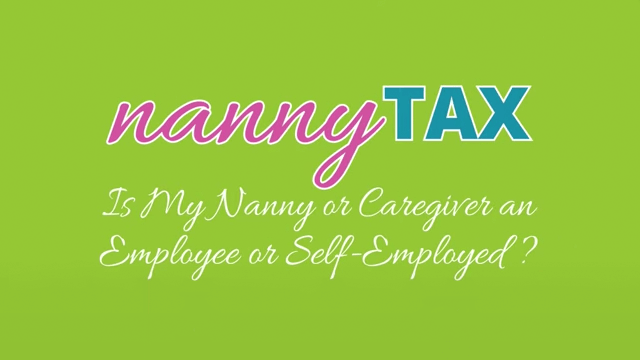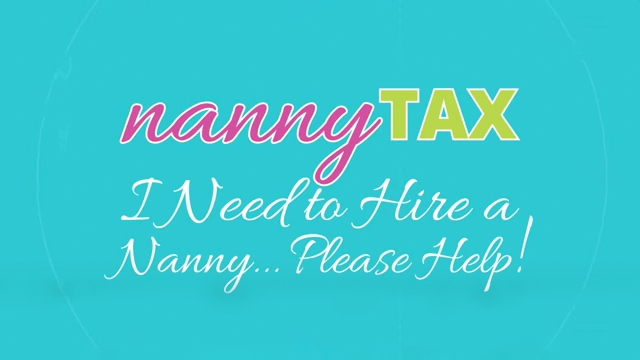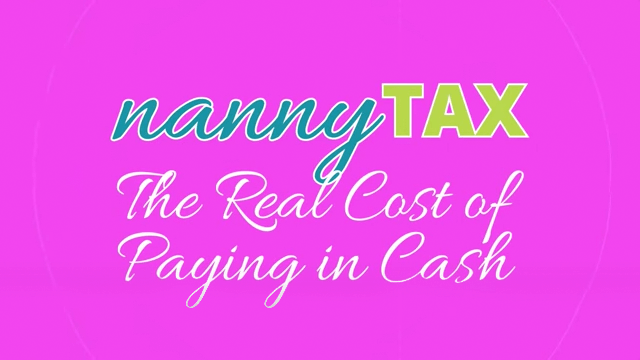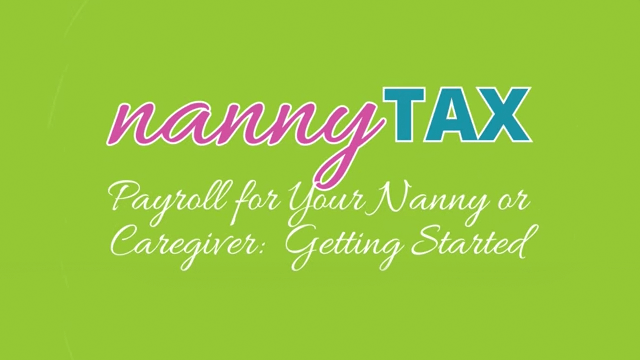
What Does the Minimum Wage Hike Mean for Nannies and Employers?
The Ontario Government’s minimum wage hike takes effect this month, increasing to $14.00 an hour this year, before another bump to $15.00 an hour in January 2019.
Moving from $11.60/hour to $14/hour, the over 20% wage hike will noticeably impact a number of industries, including childcare and eldercare.
We’ll break down how nannies and domestic work employers are affected by the minimum wage increase.
Nannies and Caregivers
Will nannies and caregivers feel the squeeze of profit-focused corporations’ management of the wage increase, like we’re already witnessing in other industries?
The minimum wage hike is already negatively affecting those in both food and retail trades. Tim Horton’s is being roasted for cutting employee benefits to ease the company’s losses in the minimum wage increase. Various retail shops are cutting not only employee hours, but store hours, while upping the prices of goods and services. This is especially detrimental to part-time workers.
Employee benefits and allowances notwithstanding, nannies and caregivers making minimum wage salaries should enjoy a worry-free raise to their gross income.
But the current industry trend towards cutting hours likely won’t exclude domestic workers. Some families will certainly need to limit hours going forward in order to manage childcare costs, though every family will need to sit down and review their budget at some point going forward.
Domestic Employers
What kind of domestic payroll tax experts would we be if we didn’t mention the wage hike’s effect on an employer’s payroll?
Calculations will immediately be in flux, as the new wage will alter your tax numbers, from deductions to bonuses, and everything in between. While the new calculations aren’t any more taxing than they were before, we’re sure you remember how tedious it was to set up your domestic payroll from scratch. Above all, employers must be mindful of the minimum wage hike, ensuring they’re in full compliance with the province’s new employment laws.
Finally, households employing domestic work will unsurprisingly see an increase in their childcare costs.
Assuming your nanny is working a regular shift (40 hours/week) at the previous minimum wage standard in Ontario ($11.60/hour), families can expect to see close to $500/per month in added, gross childcare expenses.
Time will tell whether families will be willing to stomach the increased costs, or search for new alternatives, like family support or help from friends. What we can say is if your long-time nanny has grown up alongside your kids, and you consider him or her a part of your family, there’s no price you can put on that relationship.
More Nanny Shares?
To manage the increased costs of childcare, families may consider ‘nanny sharing’ as a cost-effective solution.
A nanny share is where two families employ one nanny to watch all the children, splitting the cost of salary. It was designed to manage the costs of childcare, while remaining within the guidelines of personal childcare vs. a home daycare. (Learn more about Types of Child Care from the Ontario Government).
Now, the nanny share system could become more attractive with the province’s wage hike.
Both sides come away as winners here. Nannies usually garner higher pay when working for more than one family, a trend that’ll no doubt continue with higher minimum wages. The employers will not only save money compared to a similar arrangement, like home daycare, but get the added benefits of better flexibility in scheduling, more personalized attention for their kids, and the invaluable bonds developed between the children from each family.
The minimum wage hike effects nannies, caregivers, and employers – as well as domestic payroll calculations.
NannyTax is a full-service, domestic payroll tax agency that understands how Ontario’s new wage hike will affect your payroll tax.
To ensure your payroll and calculations align with the province’s up-to-date wage increases, register online today for a free trial!










